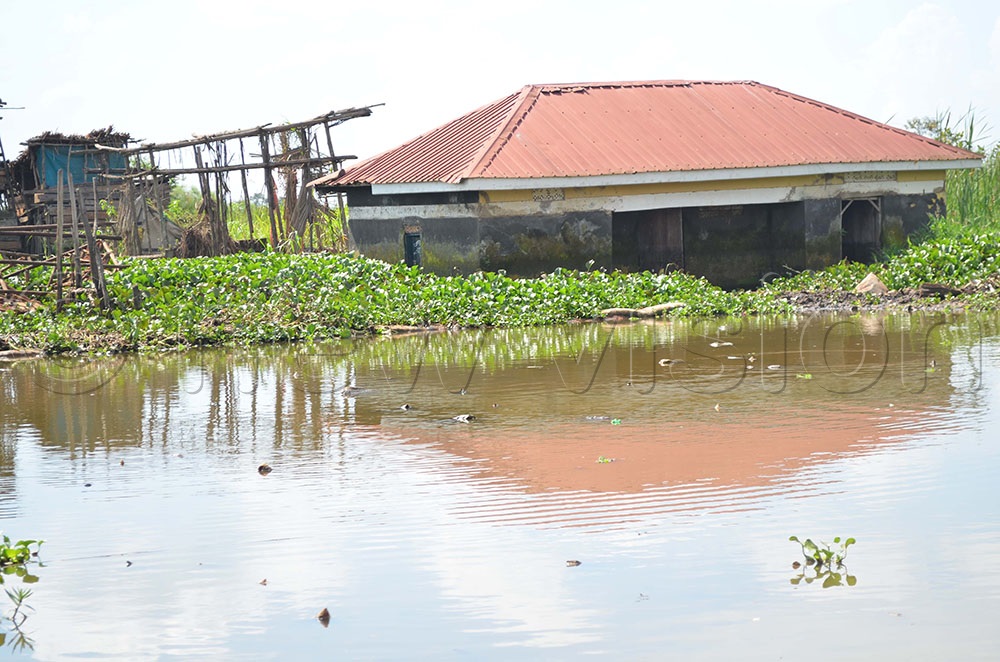Key Information: Museveni is urging universities to adjust their education programs to match the needs of the employment sector...

Key Information:
- Museveni is urging universities to adjust their education programs to match the needs of the employment sector.
President Yoweri Museveni has instructed universities in Uganda to cease offering what he described as "unrelated subjects" that do not align with the needs of the job market, stating that the nation cannot afford to create graduates whose skills are not required by the private sector.
During a speech given on his behalf by Vice President Maj (Rtd) Jessica Alupo at the 7th graduation event of Lira University on November 21, Museveni mentioned that graduate unemployment could decrease if educational institutions adjusted their courses to match the requirements of the private sector.
"The public sector offers just 469,216 positions. This is virtually insignificant compared to a population of 46 million Ugandans. Hence, the majority of graduates need to look for work in the private sector," he stated.
He mentioned that in contrast to previous governments that "suppressed the private sector," the NRM administration had focused on peace, infrastructure, and energy, establishing the environment needed for industrial development.
"When we bring in these goods, we give both funds and employment opportunities to other countries, while our own children remain without work. Additional industries in Uganda lead to more job opportunities for the people and generate tax revenue for the government to support development initiatives," Museveni said.
Although no "irrelevant courses" were discussed on Friday, the president encouraged universities to "provide students with skills that are required by the private sector," stating that global economic changes fueled by science and technology necessitate a different strategy.
"I remain hopeful that the graduates from Lira University will create a strong workforce that will drive Uganda's industrial growth and technological progress," he stated.
Vice President Alupo commended Lira University for its swift development since it was founded in 2016. "Out of the three universities established on the same day, without any favoritism, Lira University is expanding more rapidly than the other two. If you wish to verify my statement, visit Soroti and Kabale Universities and observe," she mentioned.
The State Minister for Higher Education, Dr. John Chrysostom Muyingo, conveyed warnings through a ministry official, Geoffrey Onyanga, stating that all academic programs must adhere to Competence Based Education and Training (CBET) from the 2027/2028 academic year. "No university will be permitted to enroll students in programs that do not meet the CBET framework," he emphasized.
He urged the organization to prove its role in supporting the government's development plan. "The country is not merely seeking graduates; it is looking for agents of change."
The chancellor of Lira University, Justice Benjamin Odoki, stated that the 454 graduates have been prepared to meet the demands of both the public and private sectors.
"Banks are reserving our students ahead of time, and even the military and police are interested in hiring graduates who have completed various disciplines," he stated.
The Vice Chancellor, Prof Jaspher Ogwal Okeng, stated that the number of students has increased from 697 in 2017 to 2,437 at present, although he highlighted concerns regarding insufficient infrastructure, such as the absence of staff housing and a 621-acre campus that remains unfenced.
>>>Keep informed by following ourWhatsApp and Telegram channels;
Daily Monitor Telegram channel



